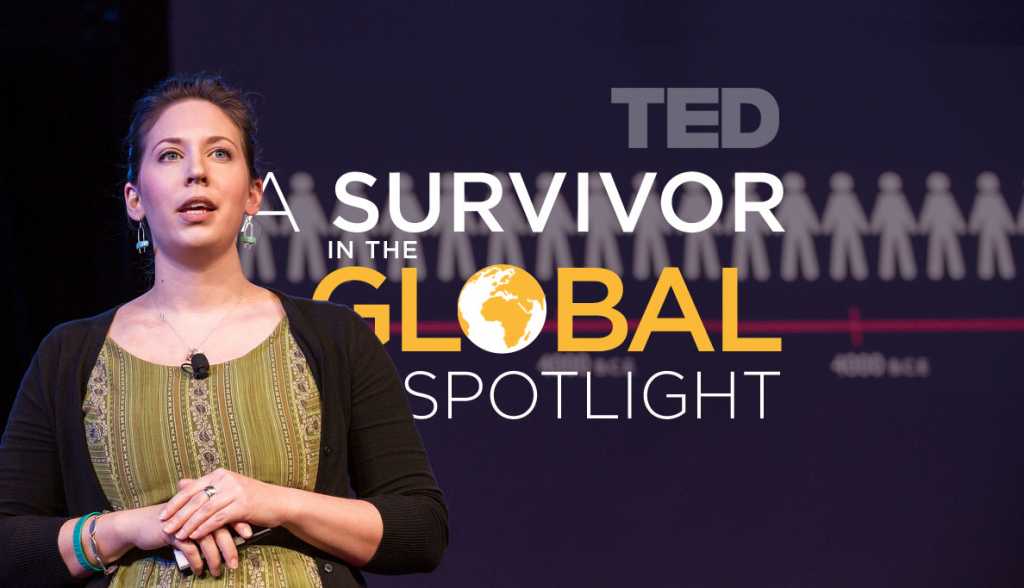Page 116 • (1,170 results in 0.101 seconds)
-

beautiful places in our state,” he said. “And that’s a really important first step in becoming an advocate for the environment.” Wade, too, remains deeply rooted in the lifestyle he forged through his years of work in that little utility room behind the ASPLU office. After graduating from PLU with a degree in biology, he leveraged his experience with Outdoor Rec into a job with American Alpine Institute as a climbing guide before moving on to work for Cornell Outdoor Education as the manager of the
-
-discovery. The biology major opted to veer from his original plan to become a dentist. In his final months, he decided to pursue law school and was preparing to take the LSAT. He was there shaking things up and making things happen.- Jonathan Jackson '12 Panago embraced healthy living, spending time at the gym and dropping weight. Despite his best efforts, his health took a turn in 2013. That’s when he experienced his first seizure, his mother said, the first in a years-long battle with epilepsy. He
-

PLU When you're ready, we're here. Apply now and fulfill your potential! Get Started Related Programs: Biology Business Chemistry Education Exercise & Sport Psychology Nursing Physics Pre-Health Sciences Psychology As a future physical therapist/occupational therapist, the PLU Kinesiology department has given me a great base foundation of my field. It has let me dip into all different aspects from biomechanics analysis, psychology and physiology that specifically focused on exercise. It has given
-
specific title designated by the academic unit. (1 to 4) MATH 389 : Special Topics in Mathematics To provide undergraduate students with new, one-time, and developing courses not yet available in the regular curriculum. The title will be listed on the student term-based record as ST: followed by the specific title designated by the academic unit. (1 to 4) MATH 422 : Mathematical Modeling This course introduces students to mathematical modeling of various problems in biology, environmental science, and
-
By:Kari Plog '11 January 31, 2017 0 Antarctica https://www.plu.edu/resolute/winter-2017/wp-content/u
-
distinctive cultures emerge. 200-Level courses You’ll choose a total of four 200-level courses to taken during your 2nd and 3rd year. These classes are not organized around learning one way of seeing many problems (which is what you do when you take a class in a conventional academic department, like economics, political science, biology, etc.), but which instead use many ways to analyze one theme or problem. IHON 253: Gender, Sexuality, and CultureUses multicultural, international, and feminist
-
Justice This project is a sociologically centered project using qualitative data to study the ways in which gay men's distribution of emotion work and distress transmission act as markers for the gender differences in romantic relationships. 9:30 am | Session I, AUC Regency - Poster Session IFaculty Moderator: Ann Auman, Biology/College of Natural Sciences Faculty Mentor: Neal Yakelis, Chemistry Student(s)Presentation Camilee M. Boland; Audrey M. Borloz; Jordan R. VanniUtilizing an azo dienophile for
-
Scholarship Award, Rachid was a highly accomplished mathematician interested in the fields of delay differential equations, mathematical biology, dynamical systems, and bifurcation theory. Citing his textbook about differential equations (in French) and his vast number of published papers in well-respected journals, his colleagues in mathematics describe him as one of the most active scholars in the department. He earned a doctoral degree, diploma of in-depth studies, and a master’s degree in mathematics
-

that’s virtually nonexistent. After graduation, Hunt moved on to graduate school at Durham University in England, where she earned a master’s of science after blending her PLU degrees—and her life experience—into the emerging field of paleopathology: the study of disease, health, trauma and diet in human biology in ancient societies. “I want to look at evidence of cancer in archaeological remains and add to a dataset that’s virtually nonexistent,” Hunt said. “At that point I wouldn’t have even called
-
-13 to work with several students on a documentary about Islamophobia. “These students grapple with professional production standards, as well as human interactions with people who live their vocations every minute.” During the 2016-17 academic year, grant recipients are conducting research in Canada, Mexico, Belgium, France, England, Ireland, Italy, Japan and Rwanda, representing research in the disciplines of education, communication, religion, history, biology, economics, music, global studies
Do you have any feedback for us? If so, feel free to use our Feedback Form.


